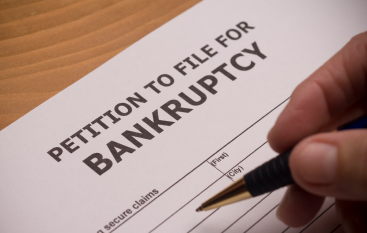Bankruptcy Myths Busted: What You Need to Know
In a weak economy, there’s often a lot of confusion about the facts of bankruptcy, but don’t assume everything you hear is true. By becoming educated on the ins and outs of bankruptcy, it will make for a smoother process when considering the financial decision in your own life.
Bankruptcy Erases All Debt
Although filing for bankruptcy works to clear most debt, it does not erase all debt that’s been acquired, particularly with student loans, child support, and even tax debts. Although a lot of this debt can be reduced, it is usually not cleared completely, making bankruptcy a powerful tool instead of a solution to financial problems.
Everything is Lost During Bankruptcy
A common hesitation for most people considering filing for bankruptcy is the fear of losing everything. However, many different assets can be protected, as well as pensions, with a chapter 13 reorganization that works to protect the assets. Talking to a Richard Palmer bankruptcy attorney, or visiting a government or trusted financial website can also help to clear up confusion on these issues surrounding asset holdings.
Filing for Bankruptcy is Free
For those who have run out of money and have gone thousands of dollars in debt, it would make sense that bankruptcy does not cost anything since those who file for it are unable to afford much. However, bankruptcy can fees often range from $900 to $1,400 according to the BAPCPA.
Filing for Bankruptcy Only Affects the Individual
One of the most common myths associated with bankruptcy is that it will only affect the credit and financial future of the individual who files, however, it definitely affects spouses. For those who share joint bank accounts, there are laws that reinforce the bad credit onto the other spouse to ensure that the responsibility is shared. Similarly, both spouses must agree to filing for the bankruptcy for it to be processed.
Credit is Permanently Destroyed with Bankruptcy
Although filing for bankruptcy does have long-term consequences, credit is only affected for up to 10 years, but the credit can continue to improve for individuals who file for chapter 13 or chapter 7 bankruptcy. This is due to the fact that most people’s credit is already as bad as it can get once they are considering filing for bankruptcy.
Although bankruptcy can appear much more harmful to credit and the financial future of many individuals, it’s a viable solution to those who have continued to suffer for many years and need relief to regain their financial standing.
Category: Bankruptcy








Comments (1)
Trackback URL | Comments RSS Feed
Sites That Link to this Post